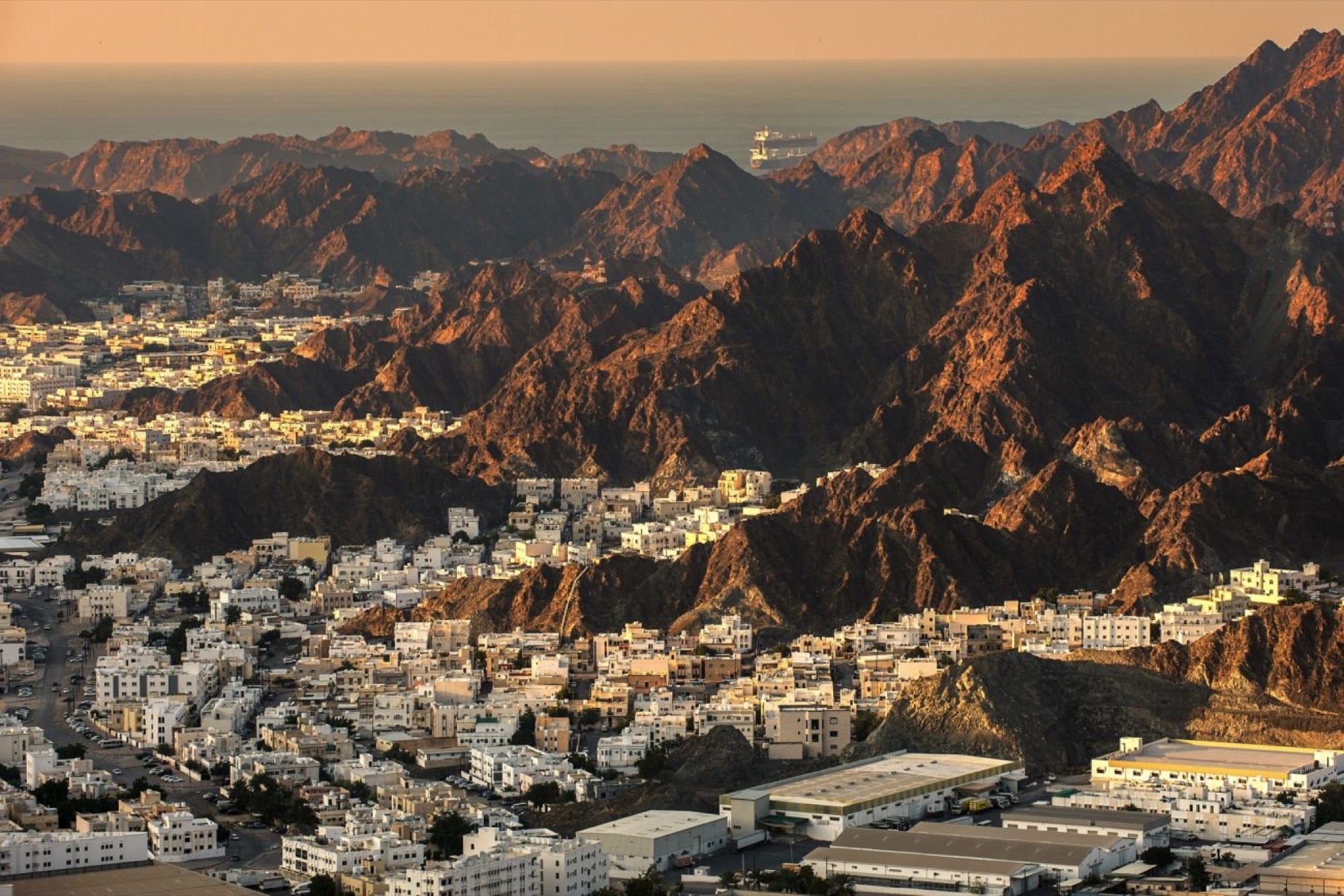Inspiring Entrepreneurship In Oman To Achieve Economic Diversification Oman and the wider Gulf have achieved greater economic development and diversification than any other country in such a short amount of time.
Opinions expressed by Entrepreneur contributors are their own.
You're reading Entrepreneur Middle East, an international franchise of Entrepreneur Media.

Oman's economy, like the rest of the Gulf, has generally depended on oil, although historically it was a country more reliant on agriculture and fishing. In fact, Oman only opened to foreign investment when oil was discovered in the 1960s, and has since grown tremendously, thanks in part to oil revenues and economic liberalization reforms.
Like other countries in the Gulf, Oman has focused on diversifying its economy, strengthening the private sector, and adopting policies to empower the local population to be less reliant on expatriate workers across all levels and industries.
One way for Omanis to become self-empowered is to start their own businesses. This idea is something most across the region generally did not culturally do, as most, as reflecting in the Gulf's native population, show a high rate of people working in the public sector or public-sector owned entities. However, in Oman that is slowly changing. In 2013, there were only 323 Omanis who had registered their own businesses, whereas that number went up to 4,300 in 2015.
One example is Haytham Al Bulushi, who last year founded Hayat's Restaurant, a trendy and health-inspired fast-casual concept in an upscale neighbourhood in Muscat, with his business partners Nabil Al Bulushi and Bassam Al Bulushi. He said, "The time is right now for Omanis to bring their dreams to life and let the entrepreneurial bug take them forward." During his trips to London, Haytham realized that Oman (and Muscat) had a potential to create its own niche in the fashionable, yet affordable, fast-casual eating sector. Having worked with various companies over the previous 20 years, he decided it was the right time to go on his own. "Having my own restaurant was something I never thought I would have, but, thanks to the changes and perceptions in society being a business owner is not something rare anymore," he said.
Related: Oman Tech Fund And 500 Startups Launch Wadi Accelerator
Furthermore, there is Startup Oman, the sultanate's only platform created by entrepreneurs for entrepreneurs in Oman, which hosts "Caribou Chats," an educational program for the Omani startup community. Their last gathering in February saw Omani entrepreneurs share their stories, including Abbas al Lawati, the founder of Humour Infection, a local comedy group and the first group to represent Oman at an international comedy event, and Kaleem Mohammed al Yaqooby, the founder and CEO of GEE, a company offering diverse retail products, projects and services.
However, for Omanis to start their own businesses, what is required is not just the willpower and idea, but also an ecosystem to grow their dreams. The Omani government has also adapted to this. For instance, Wadi Accelerator, a US$15 million seed stage program, was launched at the end of last year. Funded by the Oman Tech Fund (which is financed by Oman's sovereign wealth fund) and global startup accelerator 500 Startups, Wadi Accelerator is sector-agnostic and provides enrolled entrepreneurs coworking space, access to mentors, training sessions on building a startup, user acquisition, growth hacking, and so on.
It has become easier for SMEs in Oman to obtain finance. Institutions like Sharakah or Al Raffd offer funding for SME startup projects. According to its website, Al Raffd was founded in 2013 as a financial organization aimed to support, encourage and promote the entrepreneurial growth and advancement among the citizens of the Sultanate of Oman.
According to the Oxford Strategic Consulting's Oman Employment Report: Insights for 2016, more than one-third of young Omanis (34%) want to start their own business, ranking it as their ideal job role. This was the highest rated ideal job for young Omanis, beating administration as the second highest ideal job (28%).
This optimism is inspiring not only the current cohort of Omani entrepreneurs but also future ones. "There is no better time to start up a new business than now, as the government is supporting us in various ways," says Ghasan Almaamari, a young Omani looking to establish his own tourism business. "The tourism sector is picking up momentum now and it is hoped to have greater contribution to the gross domestic product (GDP). The development of SMEs is key to that."
Despite the noticeable progress in Oman, SMEs still struggle with access to finance, for example. Although it is getting easier, startup and SME funding is still a challenge, in particular access to bank loans. Also, there might be a bias towards larger more established multinationals than a new entrant, especially when it comes to procurement. Additional challenges relate to government approvals and lack of coordination between the authorities. However, these issues are not exclusive to Oman but pertain in many countries across the globe.
Saying that, given the short amount of time, it is very admirable the changes already happening in Oman and across the GCC as far as economic development and diversification. It is wonderful to see a rise, increase, and interest amongst the local Omani population and across the wider GCC with respect to entrepreneurship and innovation.
Related: Establishing A Culture Of Entrepreneurship In Oman: Riyada CEO Khalifa Said Al Abri












